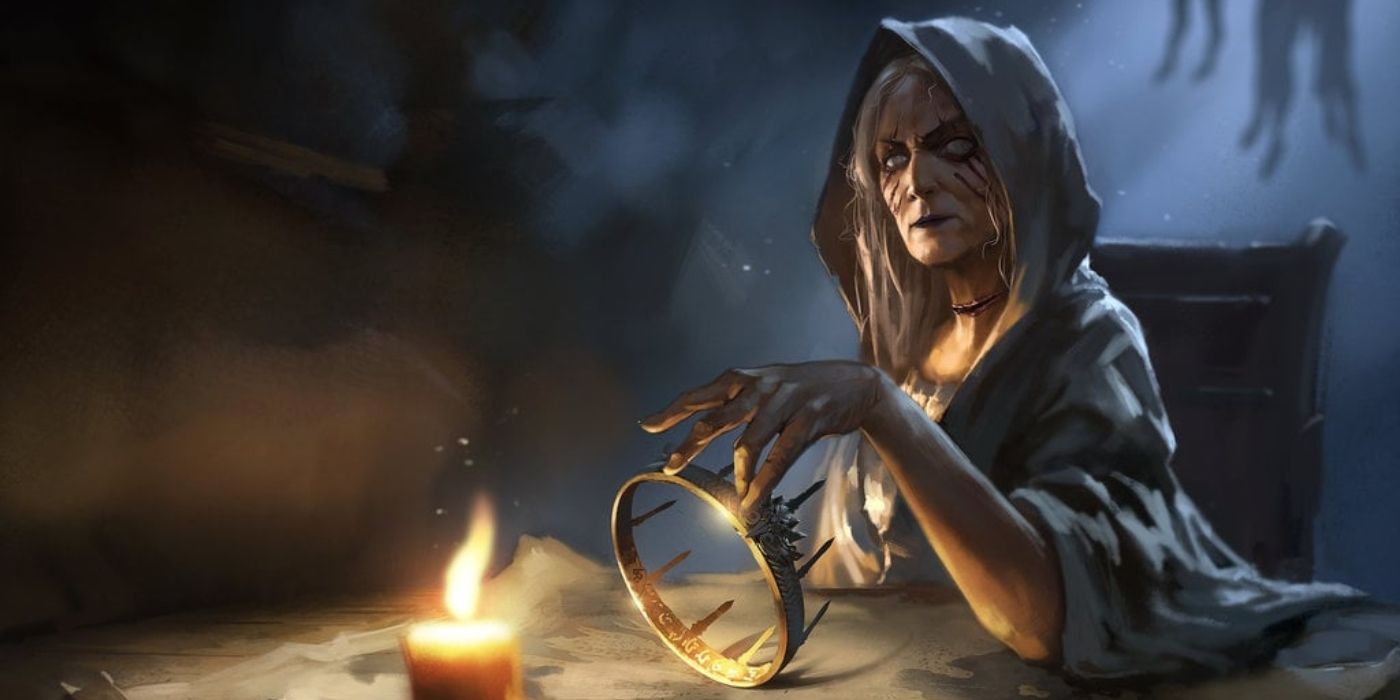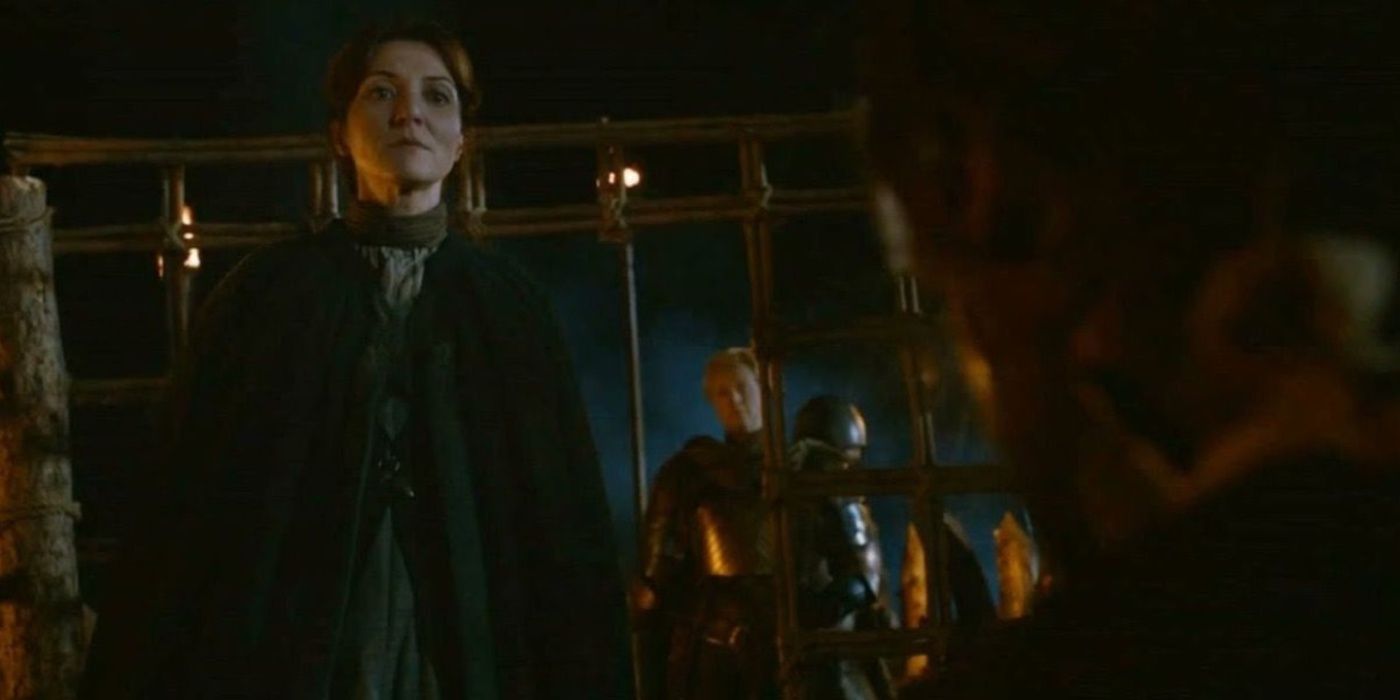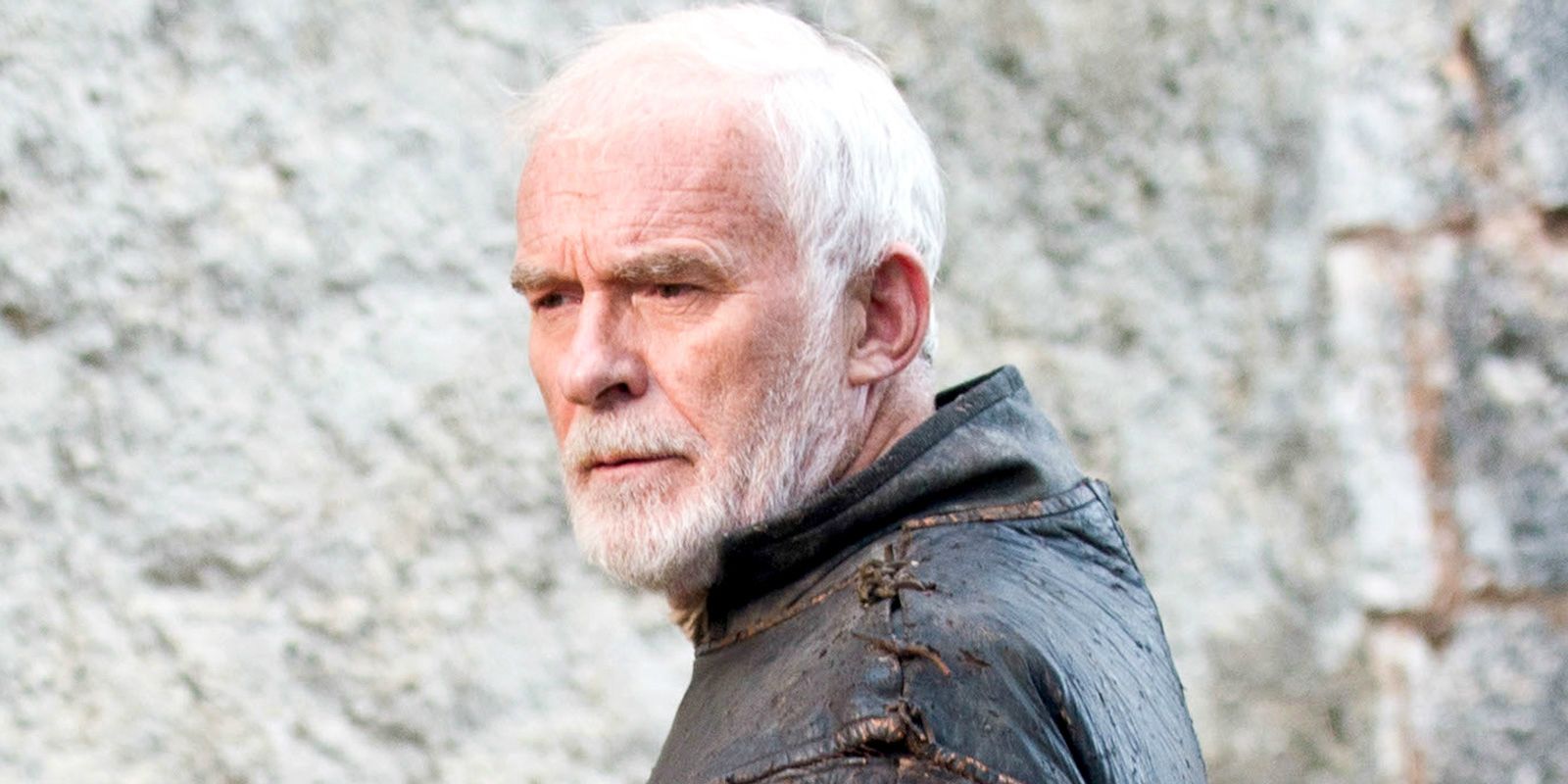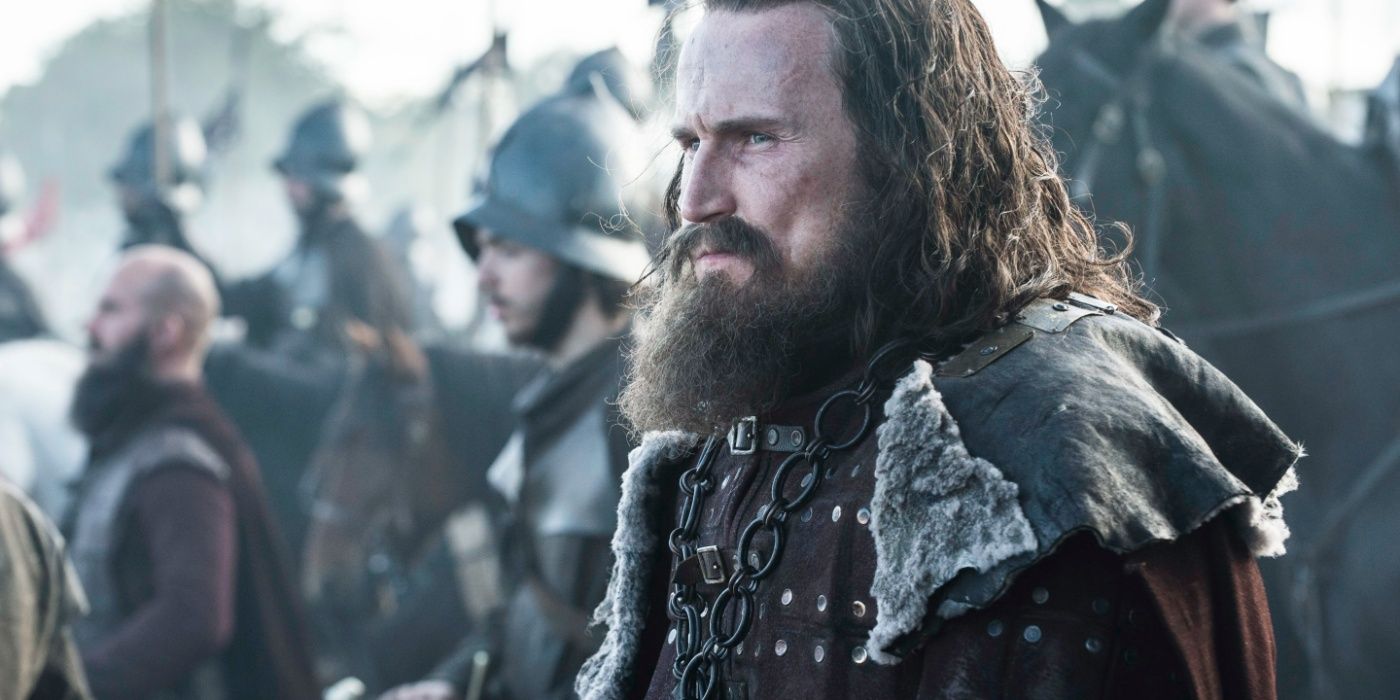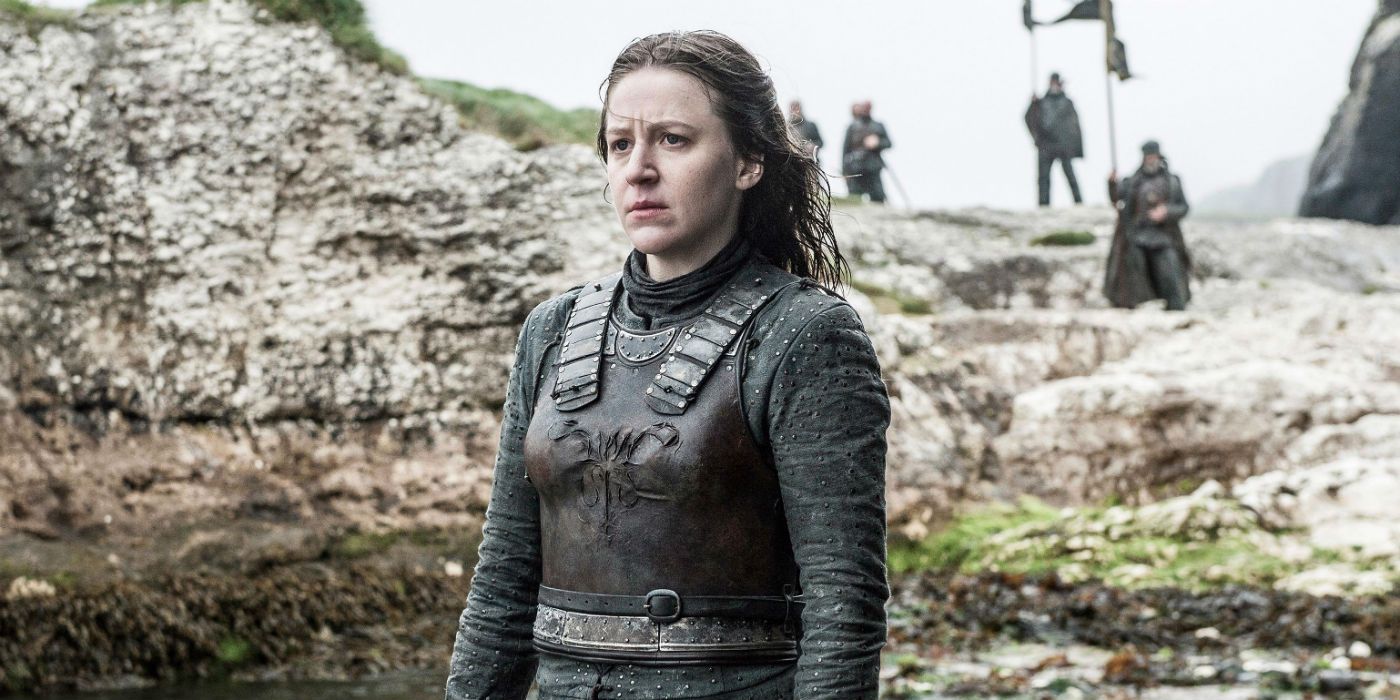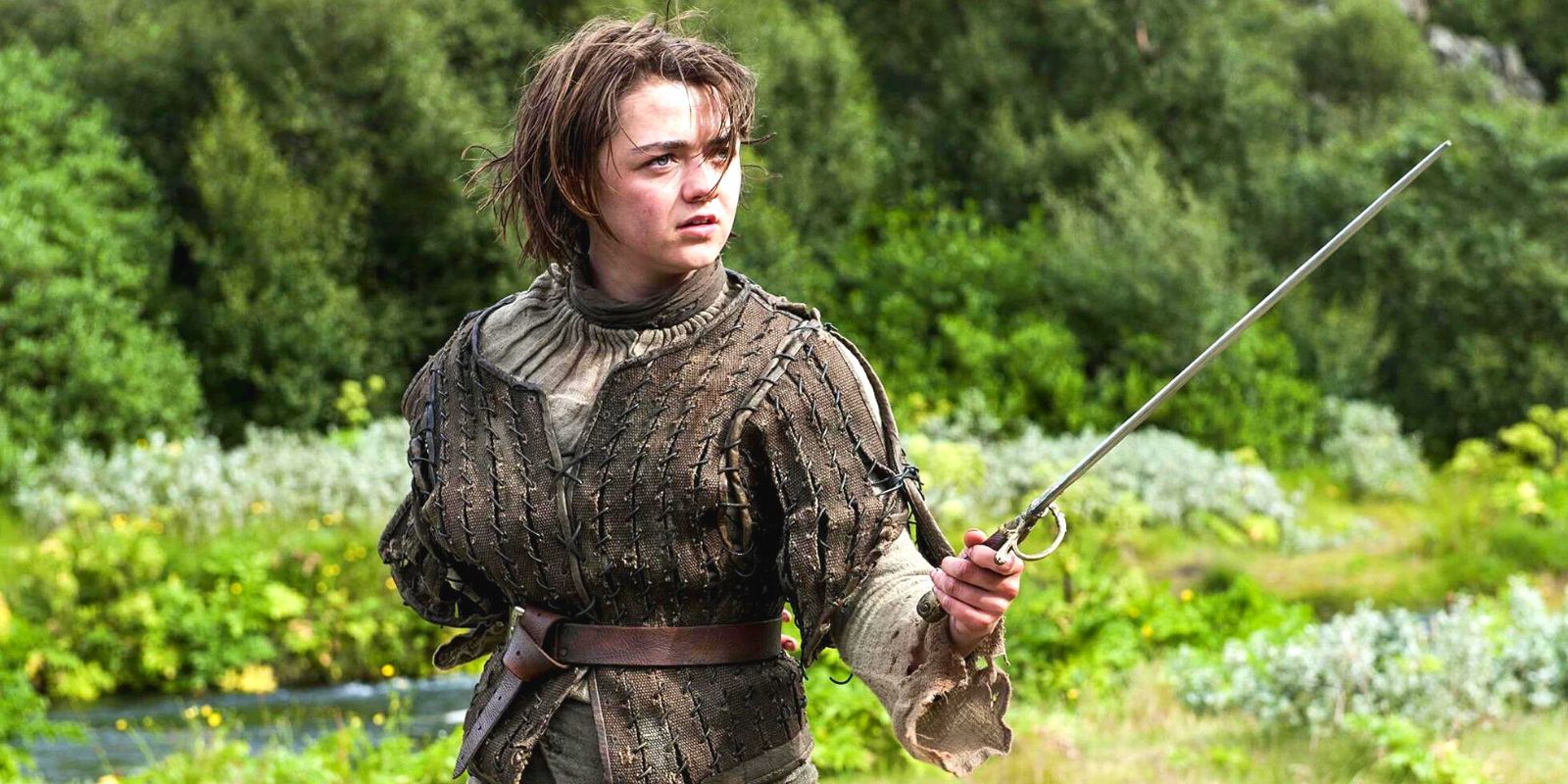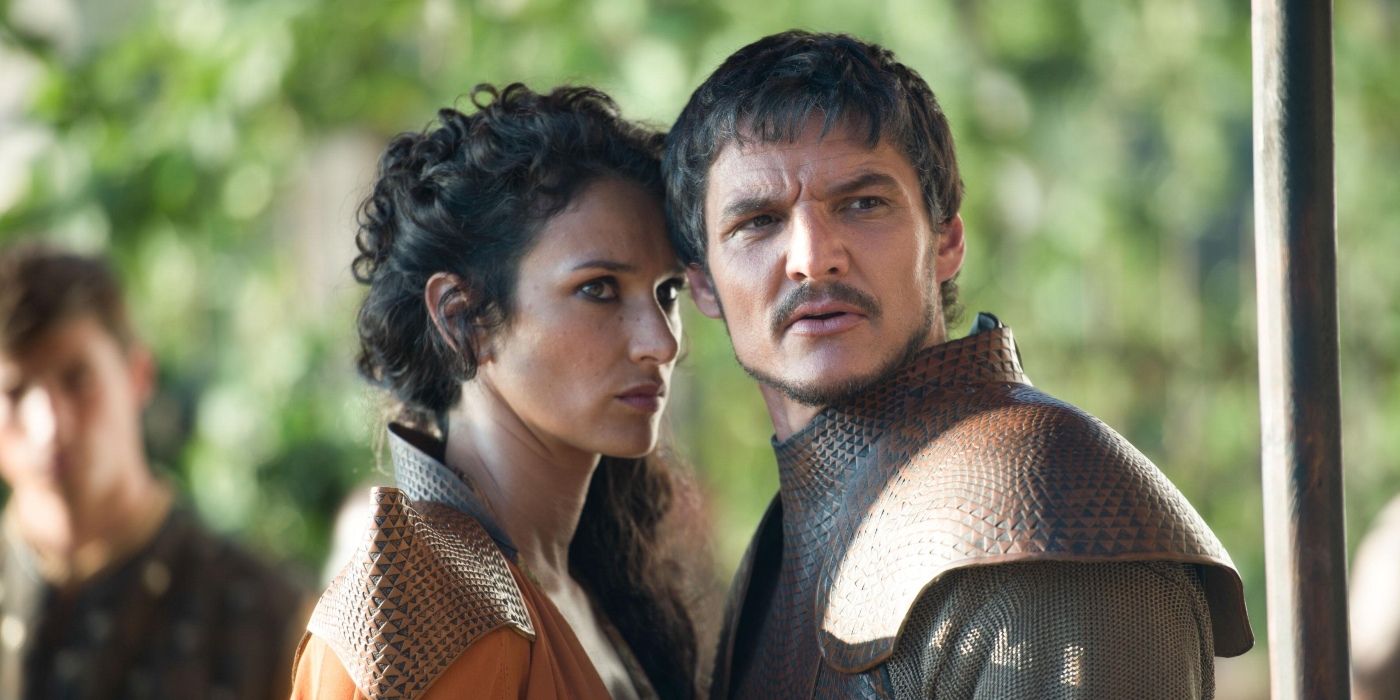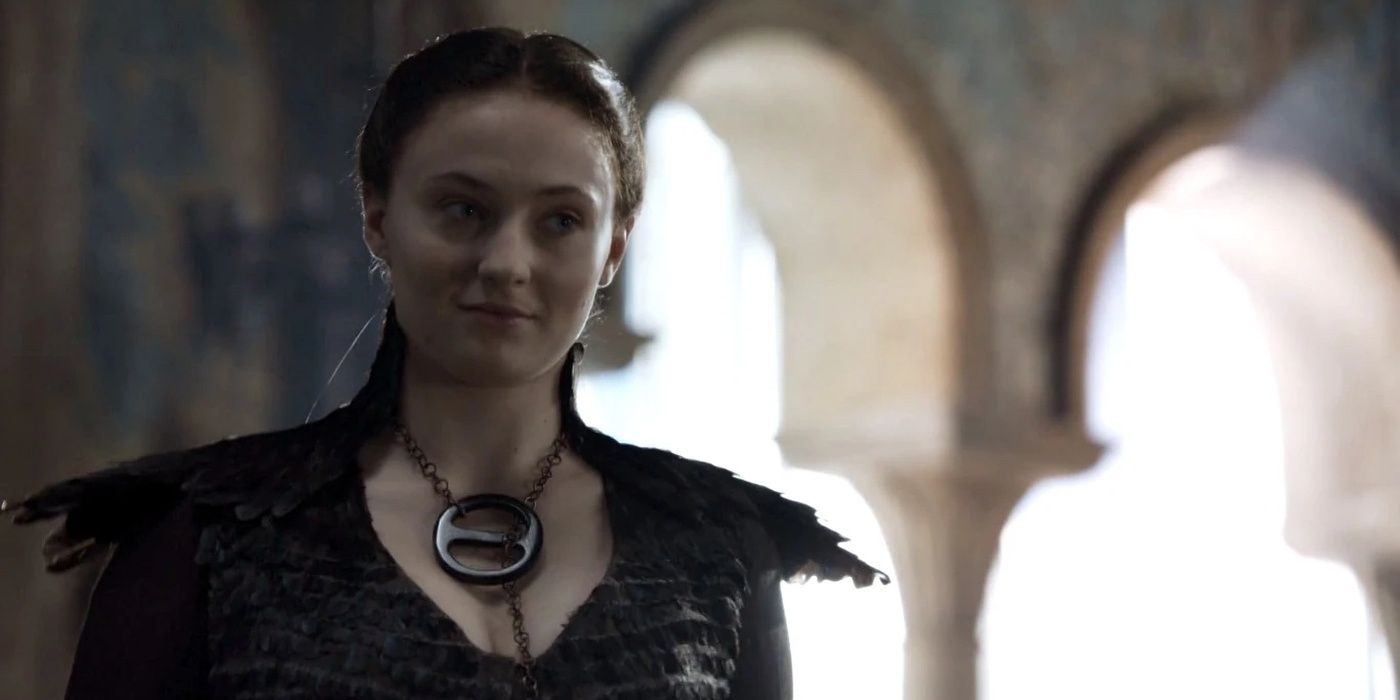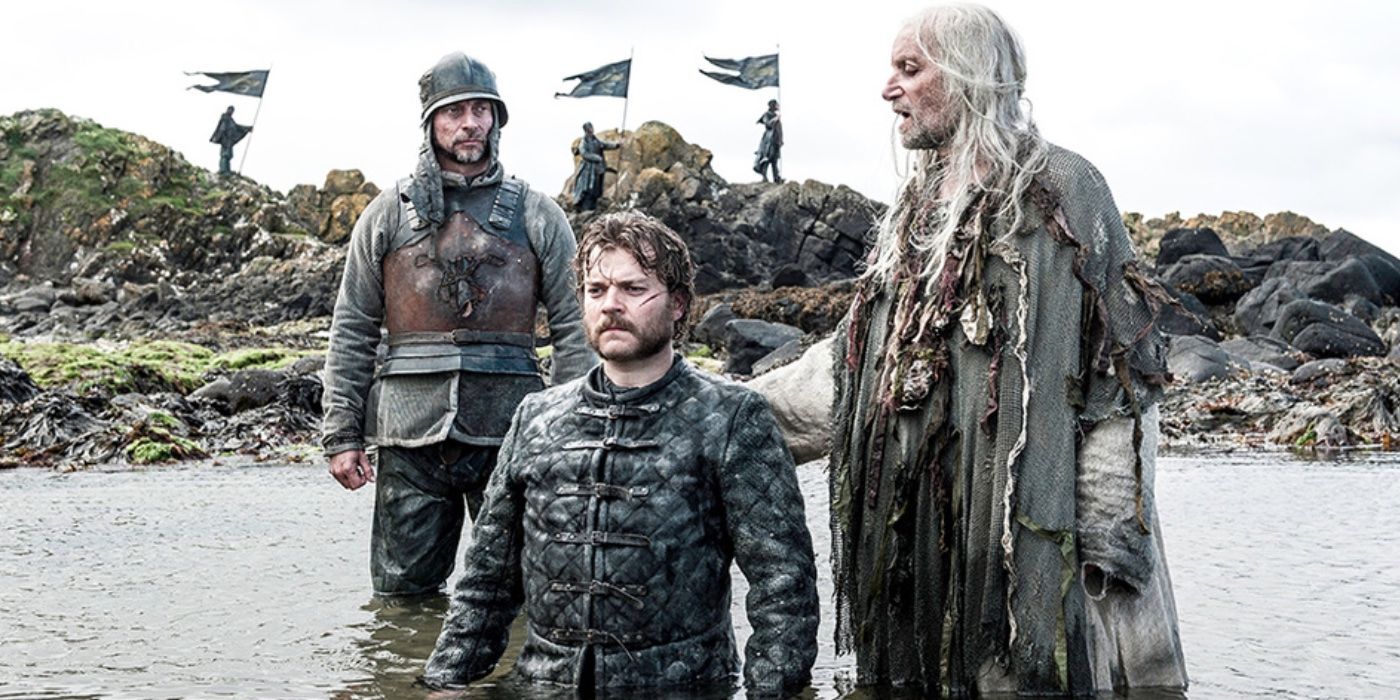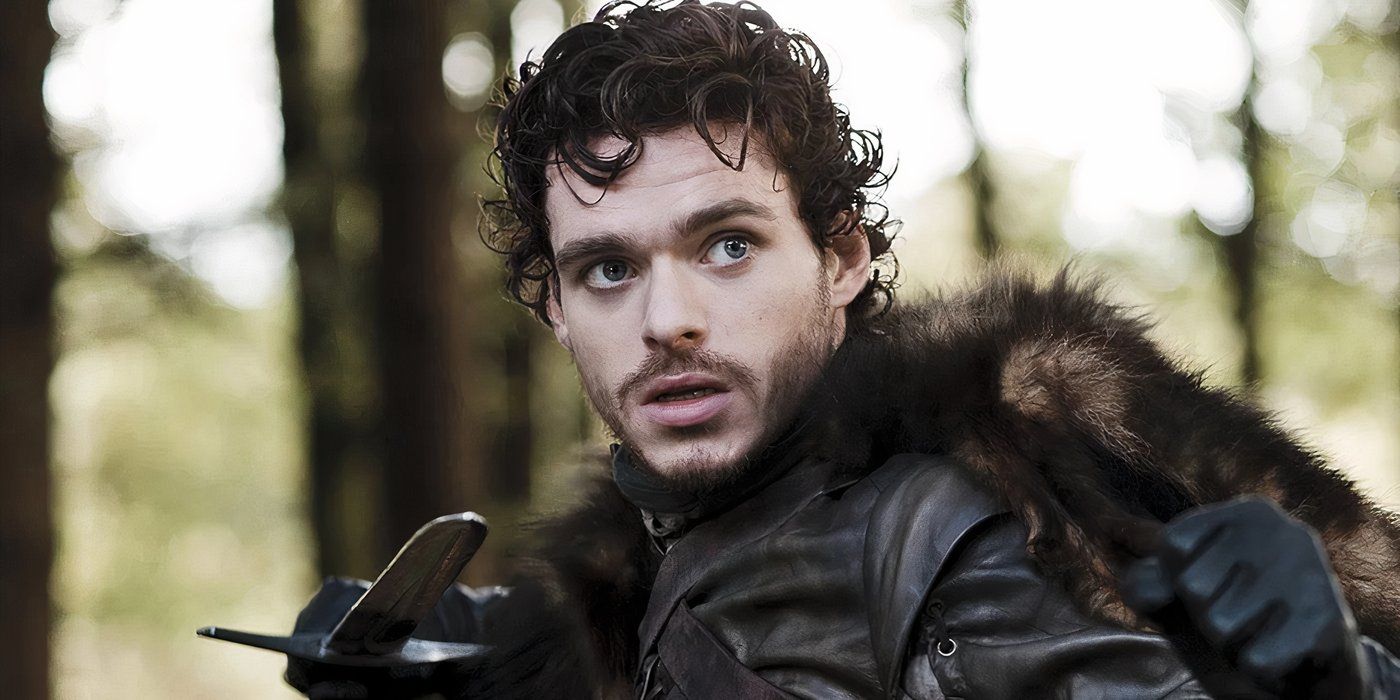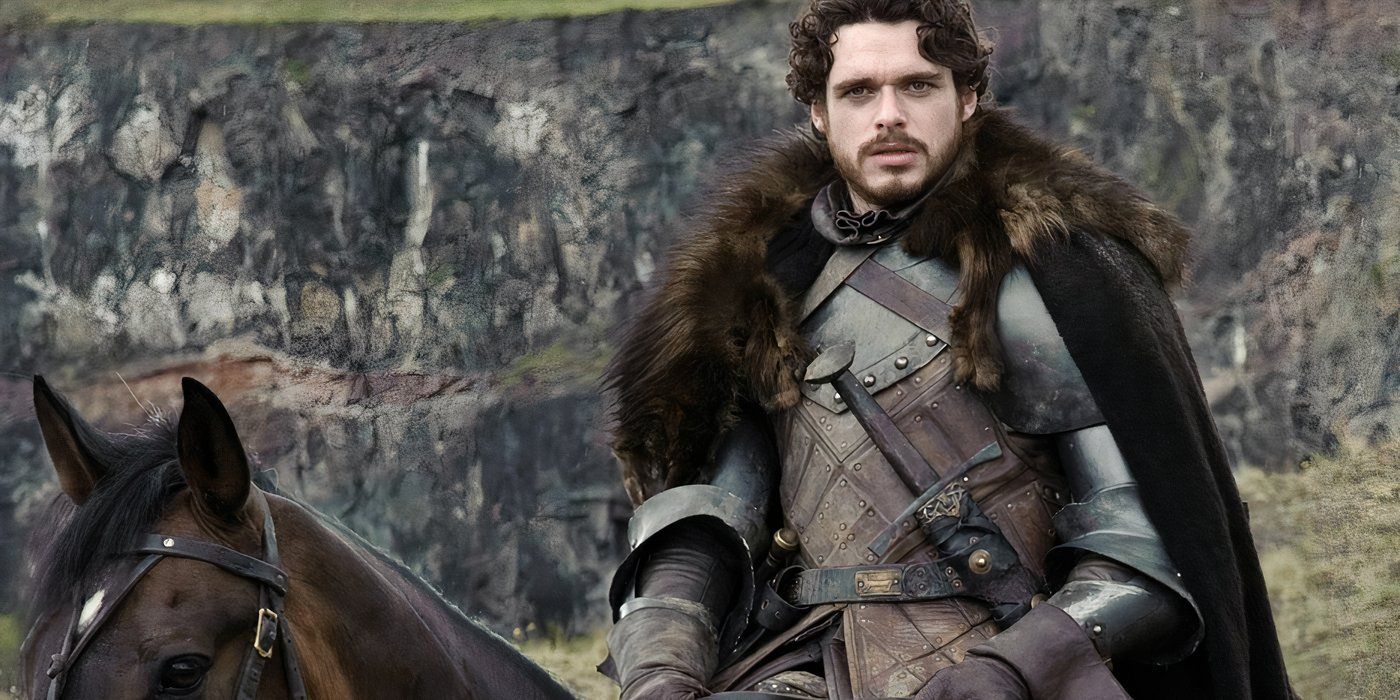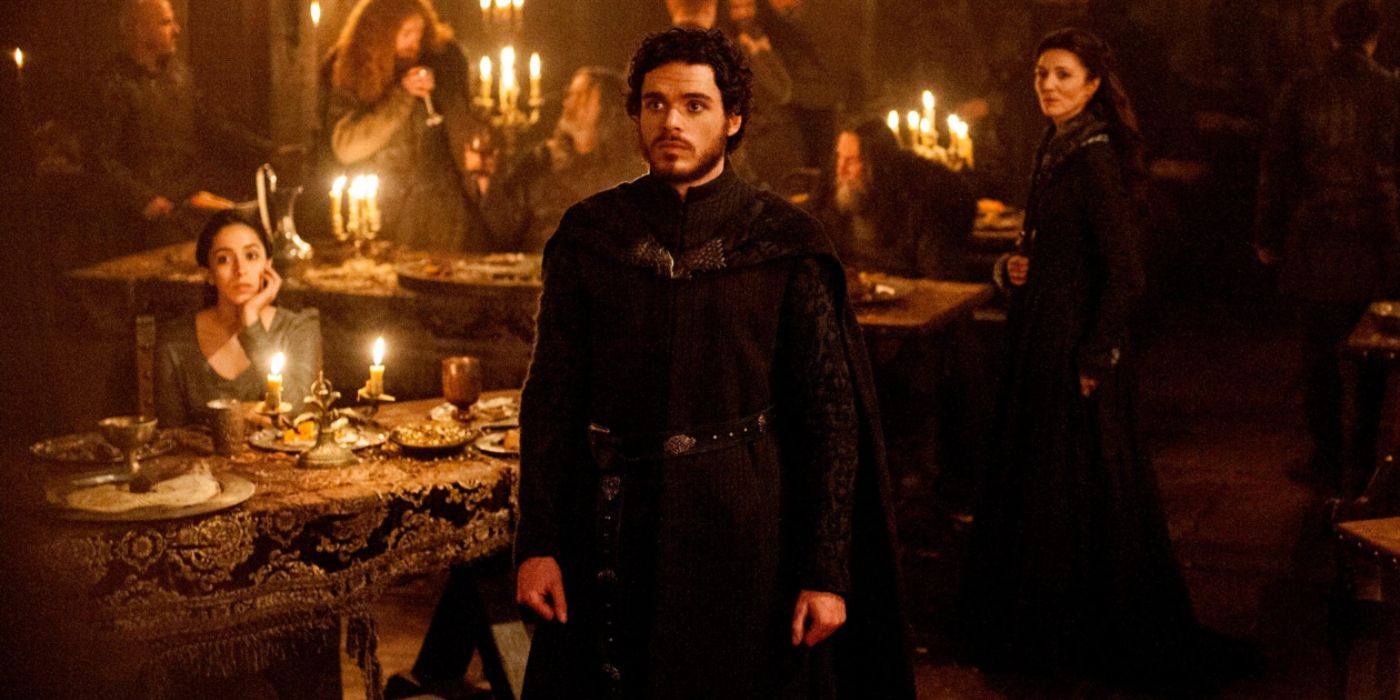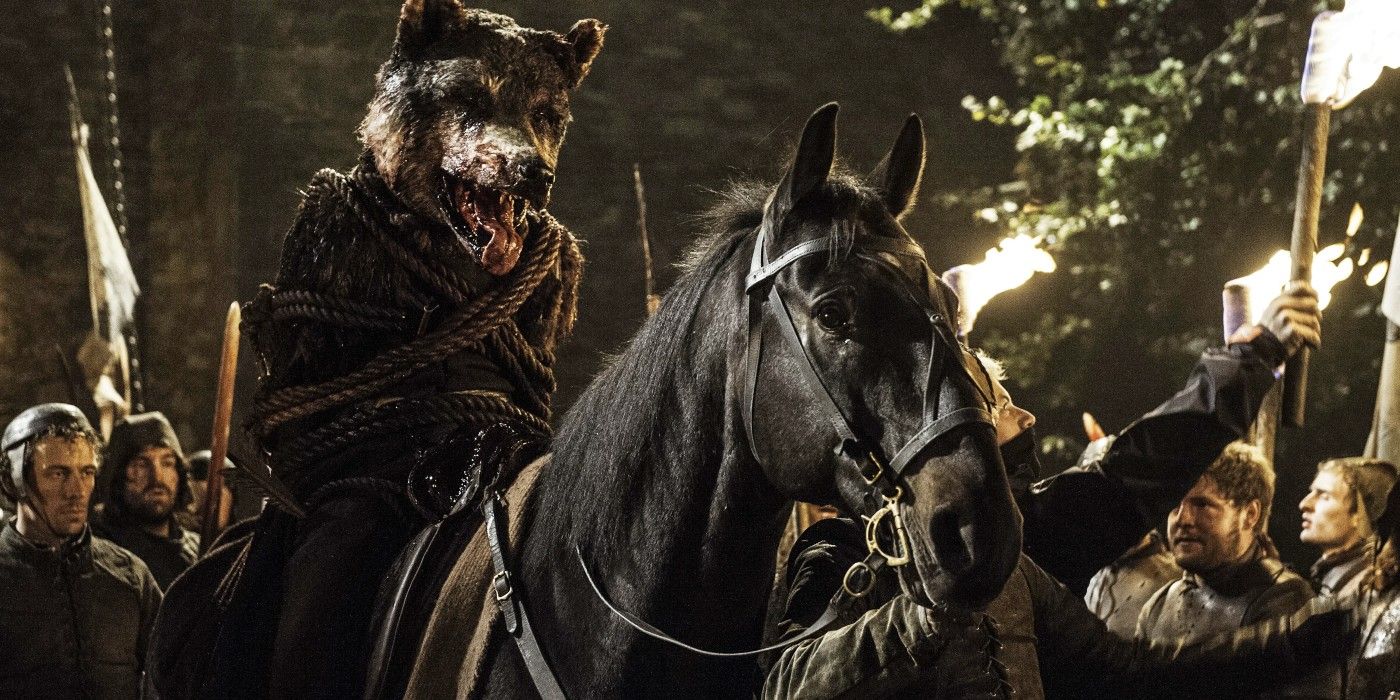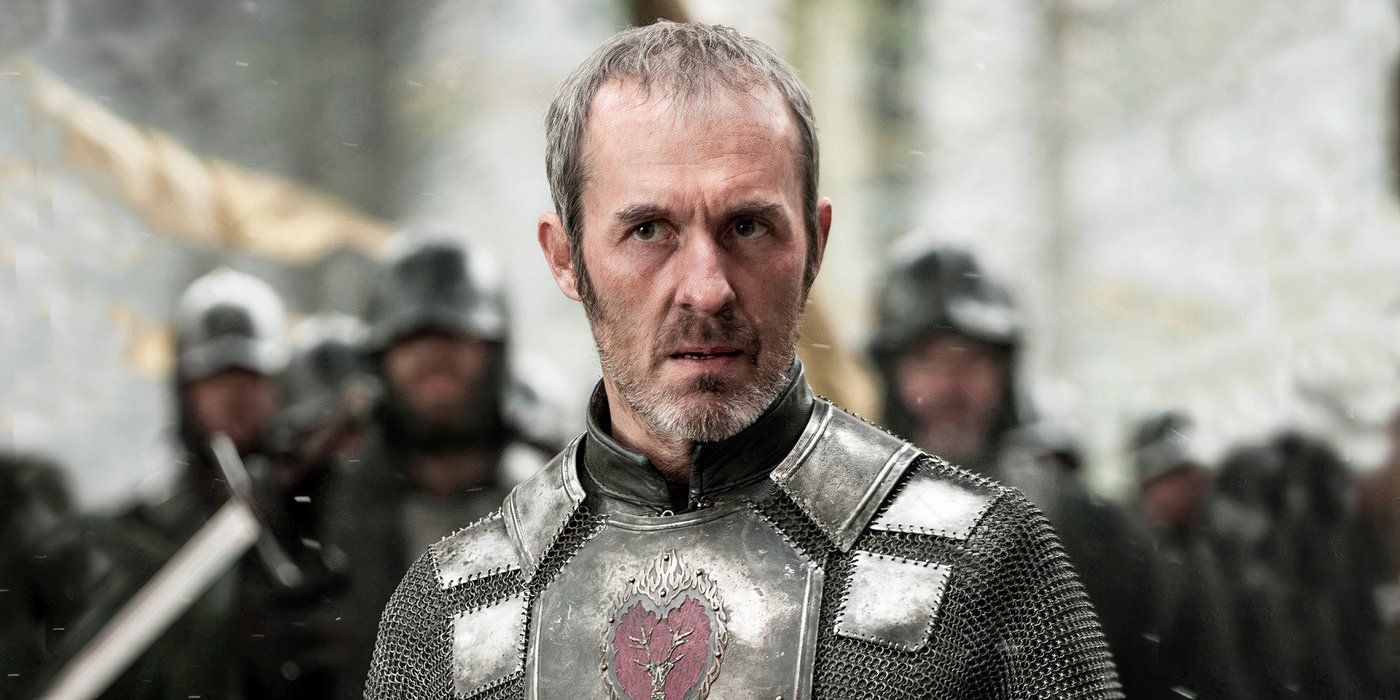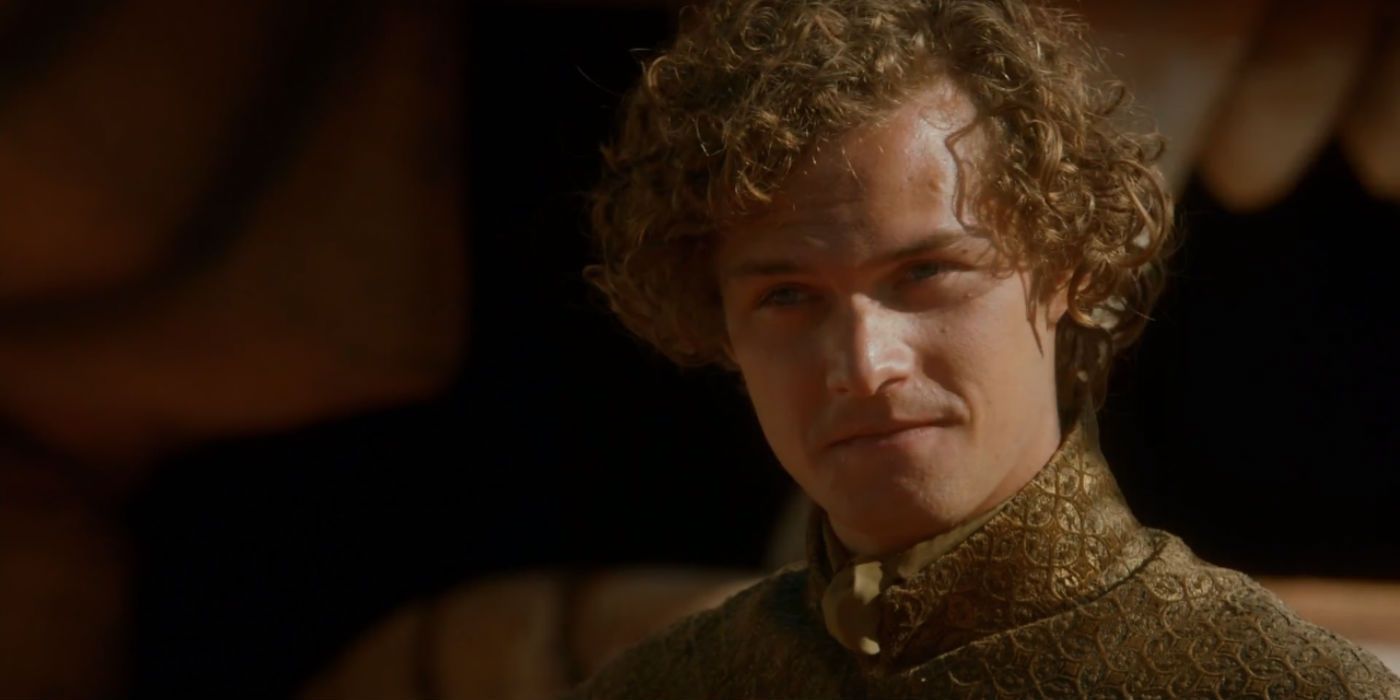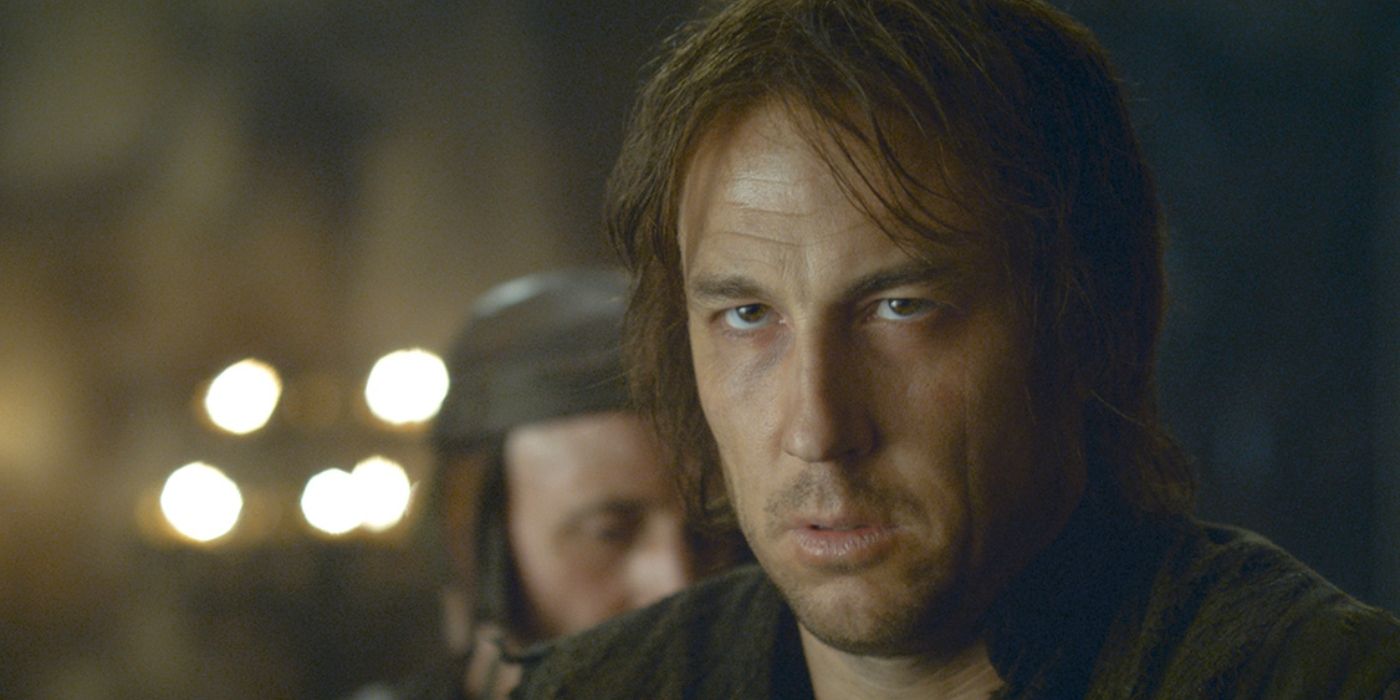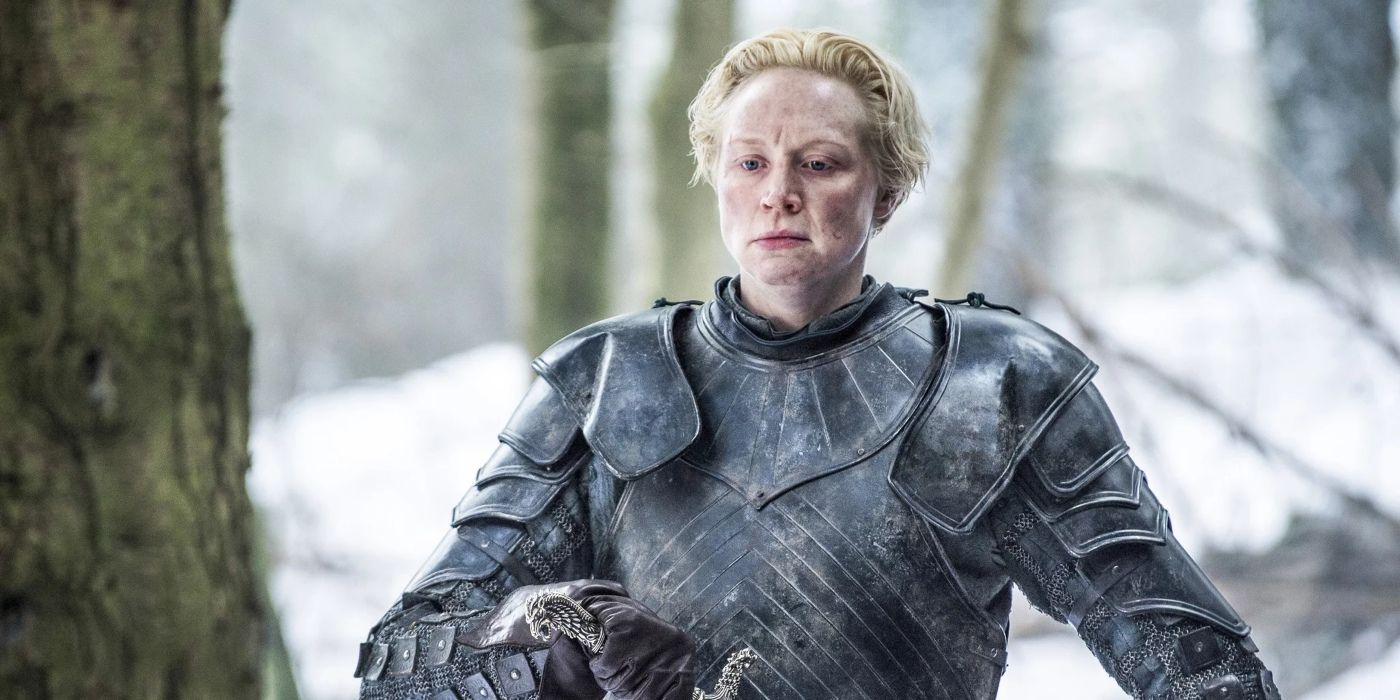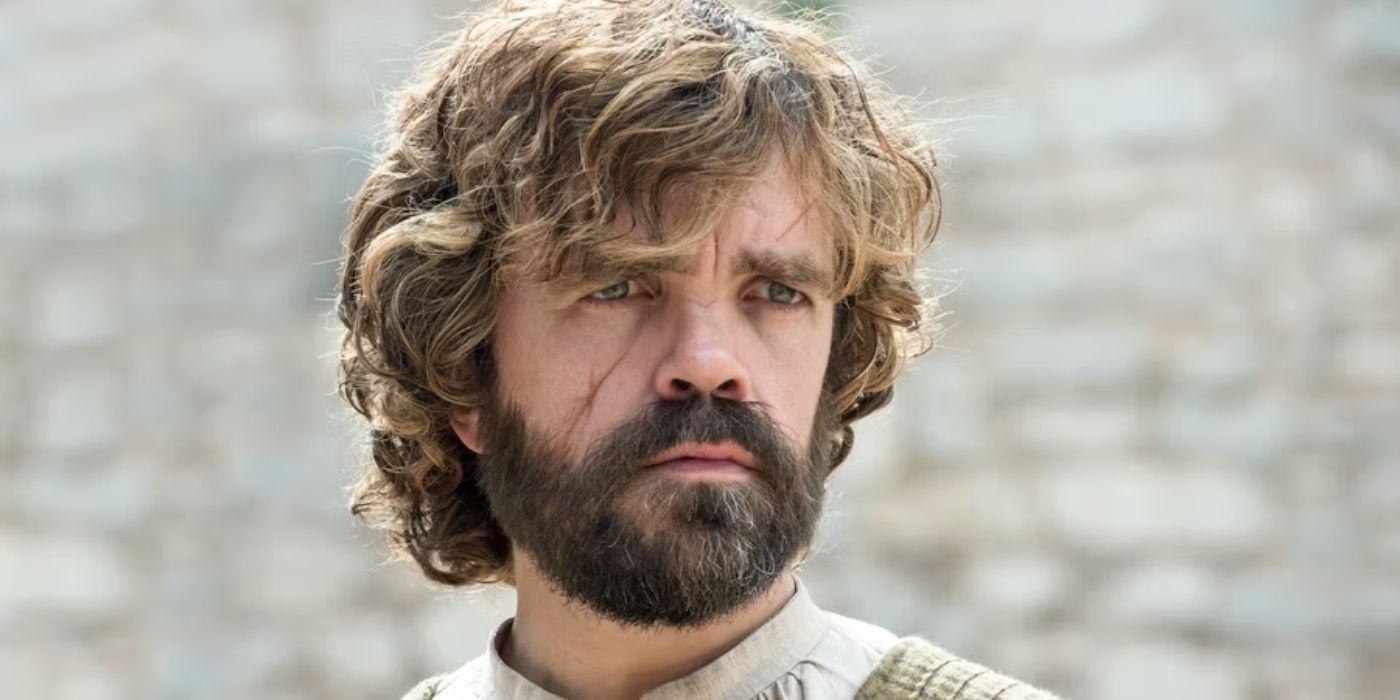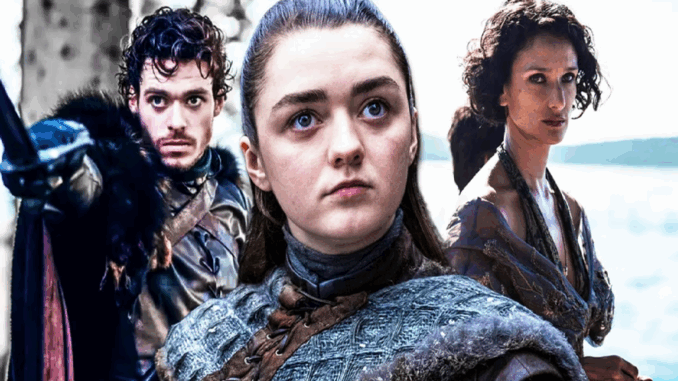
Martin is far from concluding his epic saga, with the sixth and seventh installments yet to be released. As a result, Game of Thrones took the liberty to chart its own course following Season 5, which resulted in major changes to fan-favorite characters. Whether it was a supporting or one of the main characters, the stark differences between their portrayal and their book counterparts still have the fans divided.
15. Doran Martell Is Patient, Cunning and Thoroughly Tactical
Doran Is Nothing More Than a Weak Ruler on Game of Thrones
The Prince of Dorne, Doran Martell, was written to be a great leader as well as a tactical genius. He numbers among the few politically manipulative characters in the novels, where he patiently bides his time. Unlike his brother Oberyn, who went and got himself killed by the Mountain, Doran knows how to play the game of thrones. Both versions of his character are disabled, but TV’s Doran is rather ineffectual as a ruler.
14. Catelyn Stark Was Supposed To Become Lady Stoneheart
Stoneheart’s Presence Highlighted the Fragility of House Stark
The greatest change to Catelyn Stark’s character arc comes after her death, which occurs the same way in both the novels and the adaptation. Catelyn dies at the Red Wedding after seeing her beloved son Robb murdered before her eyes. However, she remains dead on the TV show. In the books, Beric Dondarrion exchanges his life for Catelyn’s, using the same technique exploited by his friend and ally Thoros of Myr.
13. Barristan Selmy’s Heroic Journey Was Unfairly Cut Short
The Winds of Winter Even Mentions Him
Arguably one of the greatest fighters in Westeros, despite his advanced age, Barristan Selmy served as the Lord Commander of the Kingsguard under three different reigns. Joffrey’s unkind treatment forces him to abandon his prestigious position for the first time in years and leave the continent. Barristan travels to Essos in both the novels and the series, where he becomes one of Daenerys’ closest confidantes.
12. Smalljon Umber Died Trying To Protect Jon at the Red Wedding
Smalljon Becomes a Hateful Pest in Game of Thrones
Smalljon Umber’s book-to-series transformation is easily one of the most shocking, as it flips his character upside down. He’s portrayed as openly rude and conceited while secretly plotting to further his own ambitions at the cost of a united North. Considering his discomfort with Jon Snow’s blossoming friendship with the Free Folk, Smalljon teams up with Ramsay Bolton and becomes a genuinely despicable character.
11. Yara Greyjoy Doesn’t Even Have the Same Name in the Books
Yara Was Originally Supposed to be Asha Greyjoy
The Game of Thrones TV adaptation changed character names throughout the series, with Robert Arryn becoming Robin Arryn. However, there was no logical reason to assume that viewers would mistake Asha Greyjoy for Osha the Wildling. In any case, the renamed Yara Greyjoy is one of the few female characters to hold great power. She’s even more Machiavellian and loyal to the Ironborn in the books, with her TV counterpart reduced to a one-dimensional character arc.
10. Arya Stark Has a Much More Layered Personality in the Books
Game of Thrones’ Arya Matures a Lot Quicker
However, the whole ordeal was quite brief in the series, which deprived her character of considerable depth and intricacy. Moreover, book Arya is quite young when the series starts, so it takes her quite some time to develop into the clever girl that the show has depicted. It’s understandable why Game of Thrones had to speed things up, but it would have been satisfying to experience Arya’s growth at a consistent pace.
9. Ellaria Sand Didn’t Throw Her Life Away for Mindless Vengeance
Game of Thrones Underplayed Ellaria’s Role as Peacekeeper
However, this aspect of Ellaria couldn’t be further from the books. In A Song of Ice and Fire, Ellaria is one of the biggest advocates of peace in Dorne. She even advises her daughters not to be devoured by the obsession of revenge, just like their father was. Instead of playing a politically passive role like in the books, Ellaria becomes an inciter of war and becomes pretty much a linear character towards the end.
8. Sansa Stark Is Significantly Transformed in the Series
Book Sansa Remains Woefully Behind Sophie Turner’s Character
When it comes to the books, Sansa is yet to develop into a strong woman and political figure in the story. Unlike book Sansa’s onscreen counterpart, she has not yet left the Vale, which means she hasn’t met either Brienne or Ramsay Bolton. She didn’t marry him, nor did she run away with Theon, which ultimately led to the progression of her leadership skills on the series. That said, Sansa’s novel arc might still make her the queen she always wanted to be.
7. Euron Greyjoy Is More Flamboyant Than Dark in the Series
Euron Is Actually Much, Much Worse in the Novels
On the other hand, Euron’s book counterpart is a much more sadistic and dark character. He has a much more ruthless presence in the books’ lore and a layered motivation for his political maneuvers rather than such an obviously misogynistic one. His demeanor may seem theatrical, but his desire went beyond being the ruler of the sea. Euron wanted to tame dragons with a magic horn but instead ended up being depicted as a drunken, belligerent sea lord.
6. Robb Stark Was Mature and Assertive in Game of Thrones
Robb’s Book Version Wasn’t as Politically Shrewd
Robb Stark is much younger in the books and a bit immature. In the books, Robb gets torn between honor and duty as he beds a young noblewoman and marries her to protect her honor. His naïve decision eventually gets him killed, but that only proves how kind-hearted and just he was. It was a commendable decision on the show’s part to make Robb a more assertive character. That said, another big change fans noticed was the introduction of the non-canonical Talisa Maegyr as Robb’s wife, a role played by Lady Jeyne Westerling in the novels.
5. G.R.R. Martin’s Stannis Baratheon Is More Honorable
TV Stannis Was Largely Despised by Fans
Robert’s younger brother is not remembered in a good light in the show, and that’s something book fans don’t agree with. In the show, Stannis is a power-hungry figure who seeks to sit on the Iron Throne no matter the cost. He is intolerant, a religious fanatic, and somewhat gullible. Despite having a loyal following, Stannis chose to put his fate in the hands of the Red Priestess rather than make the decision himself.
Fans of the series would be shocked to know that, in the book, Stannis is a much more reasonable and morally sound person. He’s not an active supporter of Melissandre’s “burnings” and even treated Ser Davos with great respect. Stannis’ reasons for liberating the North or even laying a claim to the throne are driven by a strong sense of duty rather than greed for power. In the books, Stannis has yet to commit the horrific sin of burning his daughter alive.
4. Loras Tyrell’s TV Arc Focuses Too Much on His Sexuality
Loras is a Truly Formidable Warrior in the Books
Loras became an important and interesting character in Game of Thrones in some capacity. However, it is safe to say that the series relies more on his relationship with Renly than on the complexity of his personality and role in the original story. Ser Loras is one of the most skilled knights in the Seven Kingdoms, and he becomes a Kingsguard after Renly’s death to protect his sister. The biggest change that the series made was to direct his character arc solely towards his scandalous relationship with Renly.
In the books, Loras is a formidable knight who was sent to lay siege to Dragonstone, partly to highlight Cersei’s virulent homophobia. While his fate in A Song of Ice and Fire is still unknown to Cersei’s delight, many fans felt that his character was dealt with abruptly and monotonously in the series. In the end, Loras’ character is reduced to that of a victim suppressed by the Faith Militant instead of being the enigmatic knight that he was.
3. Edmure Tully Was Unjustly Treated on the Show
Edmure Wasn’t Supposed To Be an Incompetent Fool
Catelyn Stark’s younger brother was incredibly downplayed in the series. It seemed like a miscalculated adjustment to make Edmure Tully an incompetent disappointment to House Tully despite him being completely opposite in the books. Edmure was unjustly treated in the show and portrayed as an idiotic coward who didn’t understand politics or war. It seemed like the series was dedicated to making his shortcomings more pronounced despite his unkind capture at the hands of the Lannisters.
Surprisingly, Edmure is a more collected and considerate leader in the books compared to his live-adaptation counterpart. He may not be Jon Snow or Robb Stark, but he cared deeply for his people. He wasn’t weak and often went out of his way to prove his loyalty, like pledging his House’s fidelity to Robb and even helping Blackfish escape. Edmure would have been a noble heir, but Game of Thrones preferred to cast him as a black sheep.
2. Brienne of Tarth’s Character Was Significantly Altered
Brienne May Not Support Jaime in the Novels
Game of Thrones made significant changes to the lovely “Big Woman” that fans had come to love ever since she first appeared on the show. It’s thanks to that, or the fans could never have enjoyed a progressive arc of Brienne’s character and her role in uniting the Starks. Surprisingly, the book version doesn’t perform any fabulous feats like the Brienne from the show. In A Song of Ice and Fire, Brienne has never met Sansa; she didn’t kill Stannis, nor did she have that unforgettable bout with the “Hound.”
Book fans may agree that the show’s Brienne was far more interesting and enigmatic than Martin’s original character. Besides changing her role in the story, the show also chose to make her physically appealing, unlike her book counterpart, who was deemed “ugly.” Interestingly, Brienne may have agreed to help Lady Stoneheart acquire Jaime in the novels, although the rest of her storyline has yet to be written.
1. Tyrion Lannister Isn’t Exactly a ‘Heroic’ Figure
Book Tyrion Is Far More Cruel and Cutthroat
The youngest of the Lannister children may undoubtedly be everyone’s favorite, considering his family history. Although Tyrion isn’t exactly known for his kind heart or honor, the show version of him ends up somewhat becoming a hero. He’s molded into the underdog character, forcing the audience to root for him because of the cruelty and injustice of his family. If one looks at it from the show’s perspective, it is Tyrion who ensures that Dany will not sit on the throne for obvious reasons.
Surprisingly, the book Tyrion is quite the opposite and not as likable compared to the series’ counterpart. He’s angrier and frustrated with the people for punishing him for being a dwarf. He’s more vengeful and dark in the books, whereas his hatred for his father and sister is considerably more pronounced. In fact, even Tyrion’s injuries were minimized in Game of Thrones — after the Battle of the Blackwater in the novels, he loses an entire chunk of his nose.
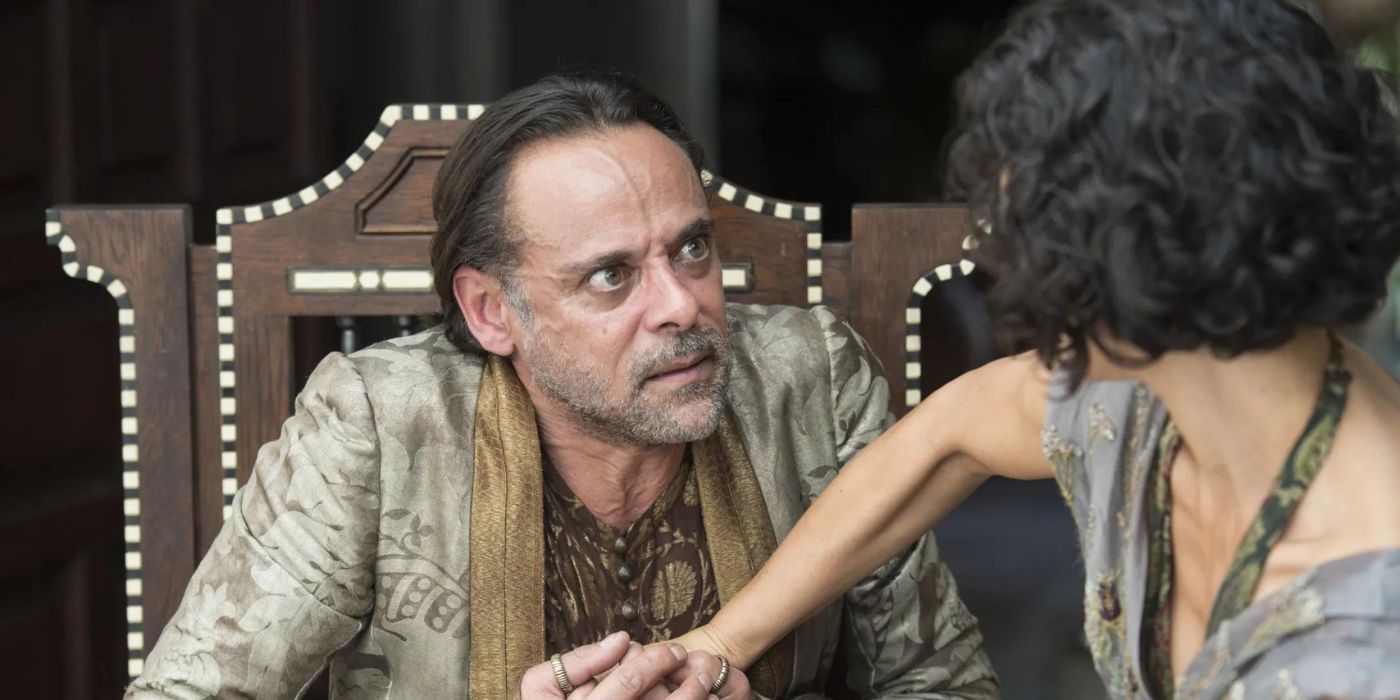
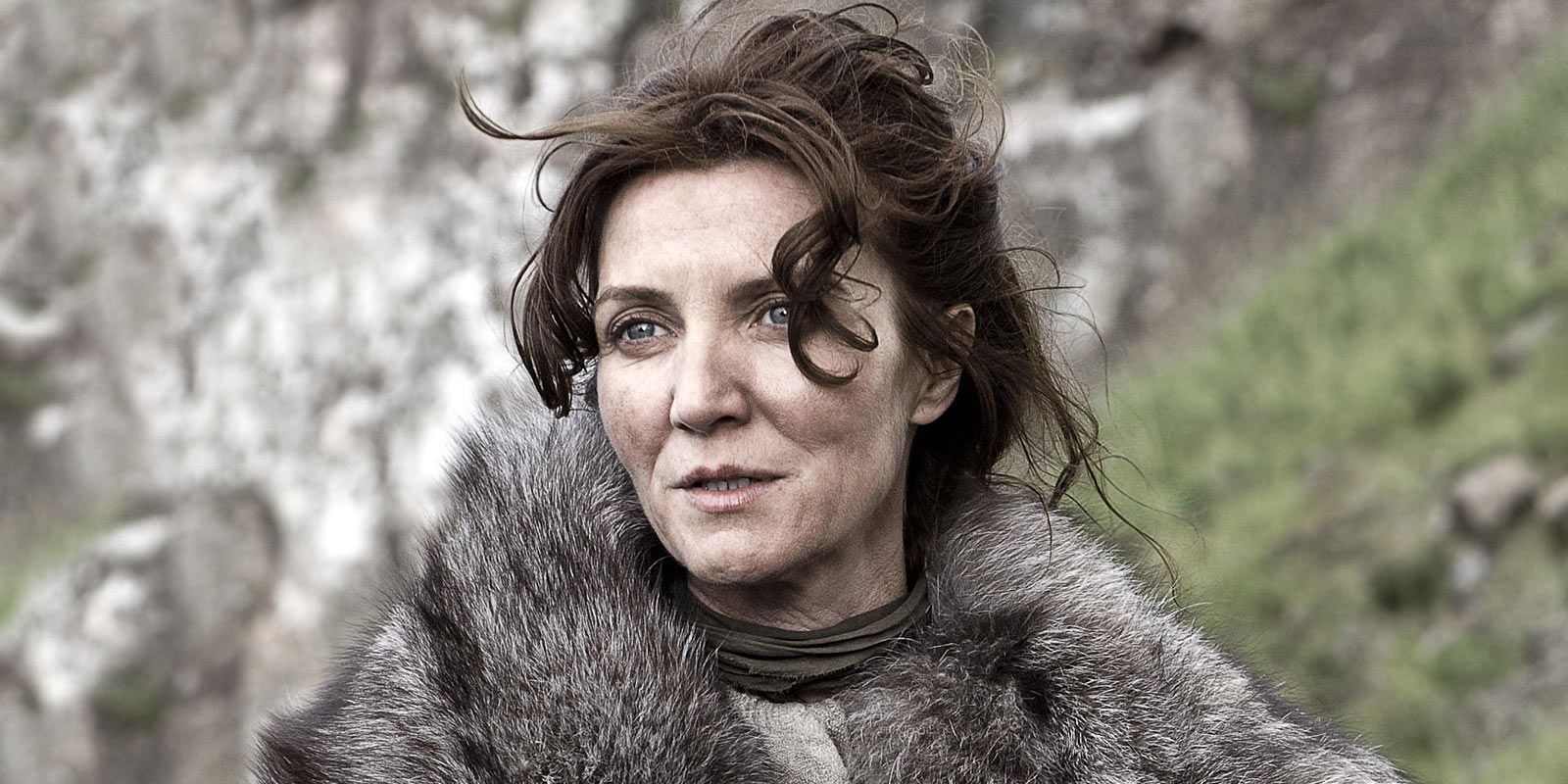
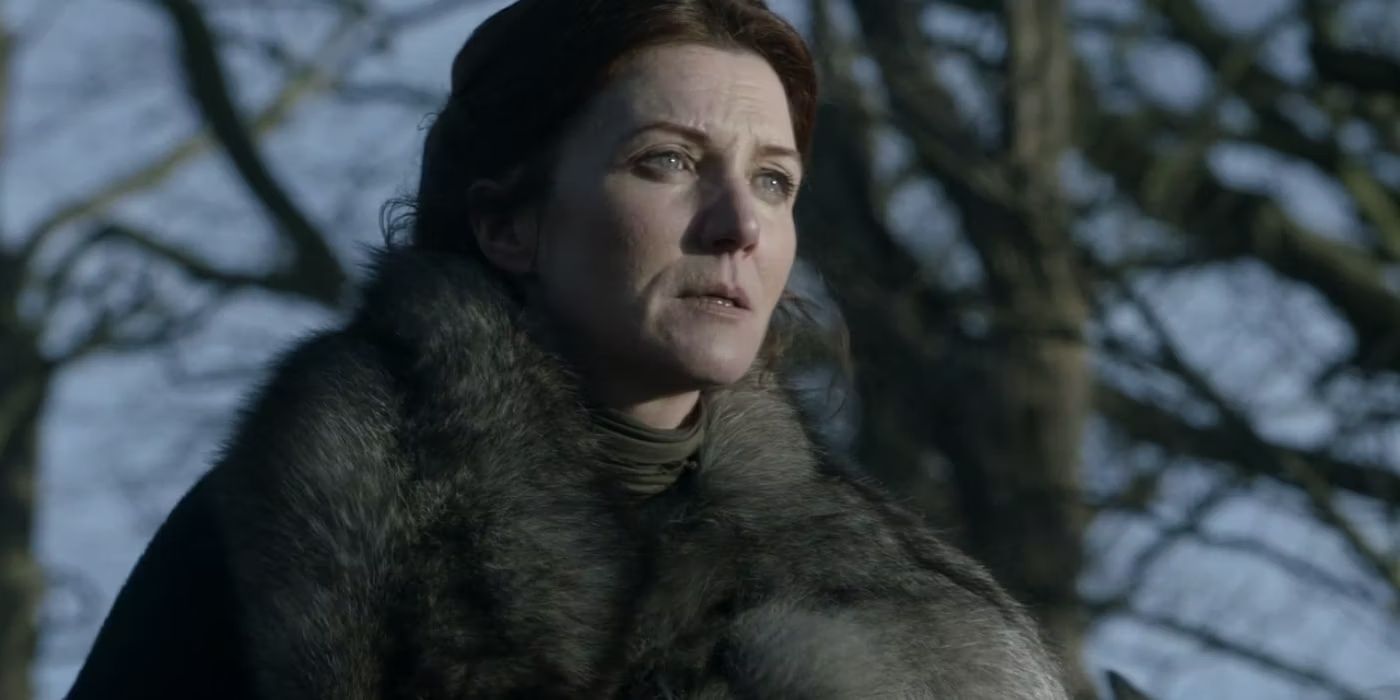
.jpg)
